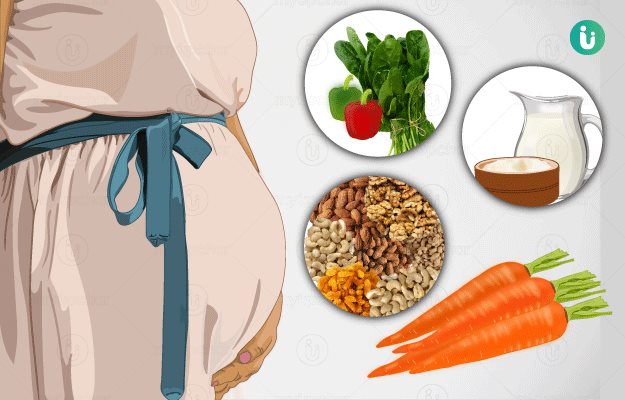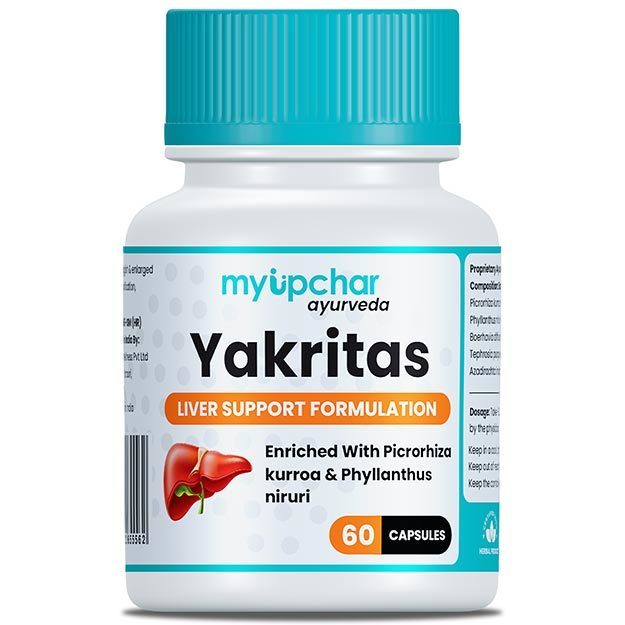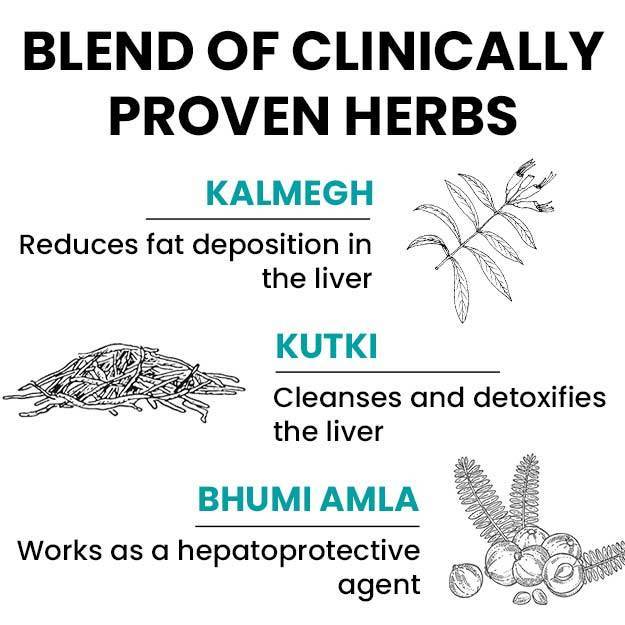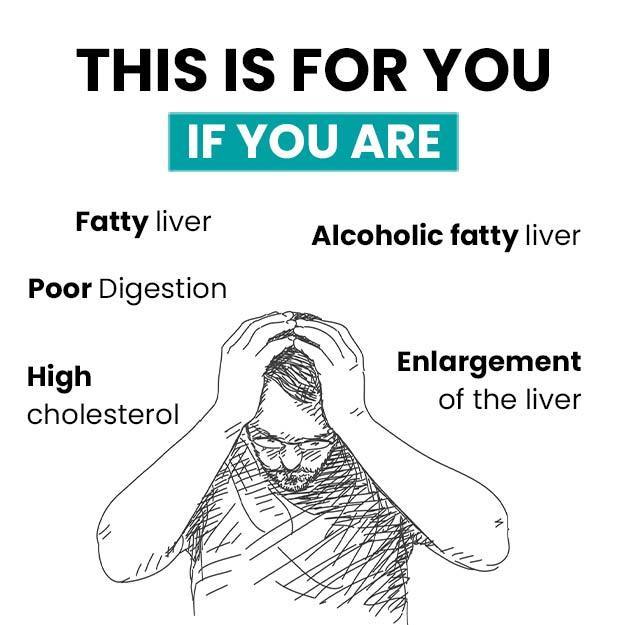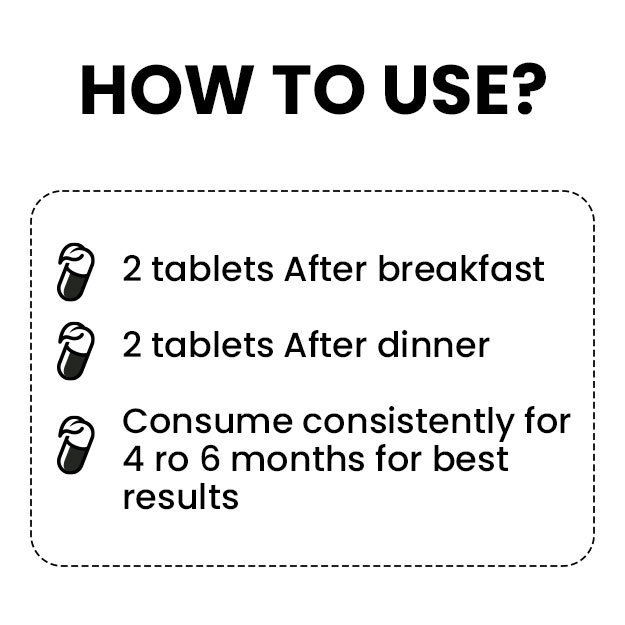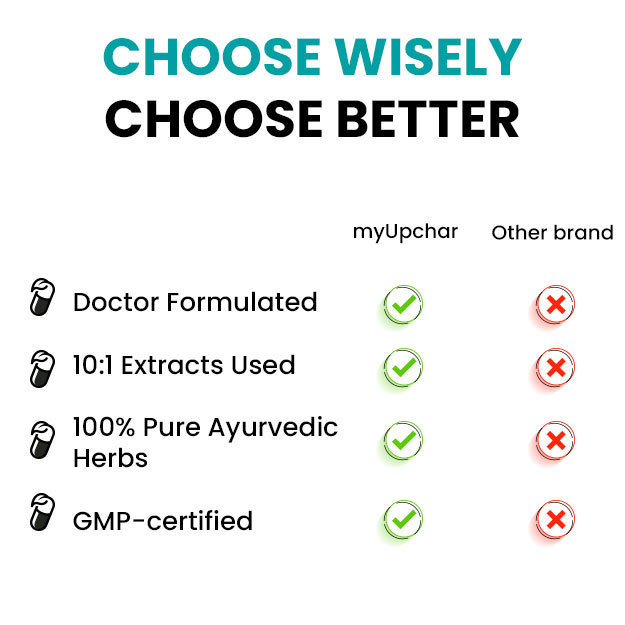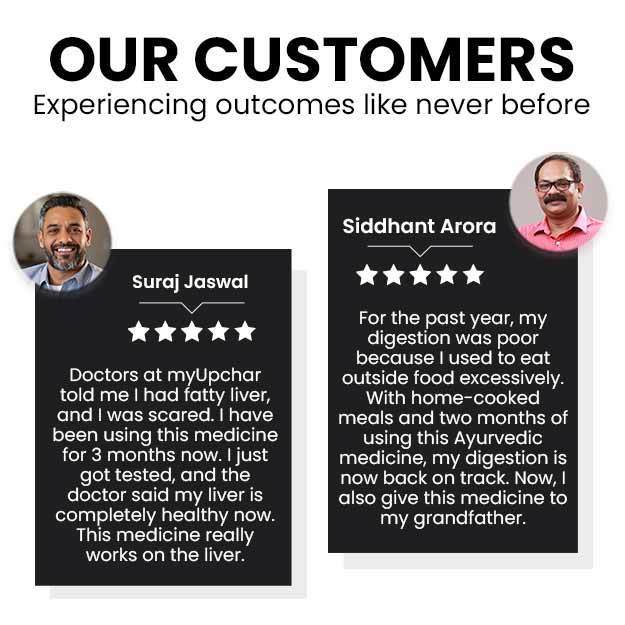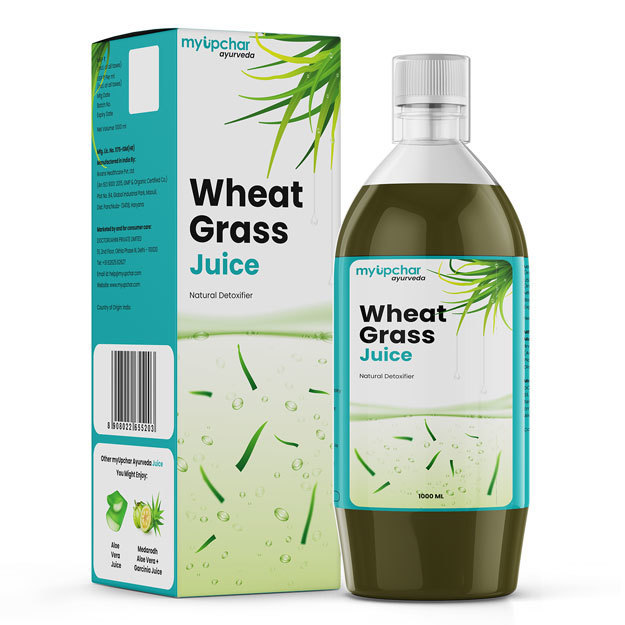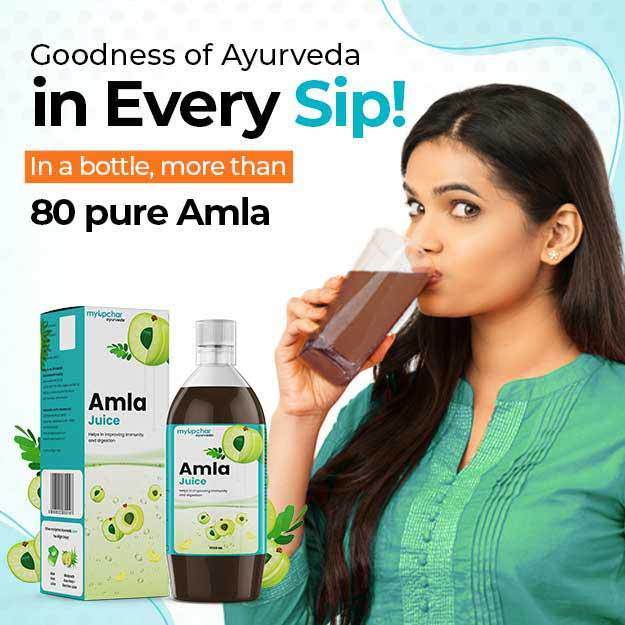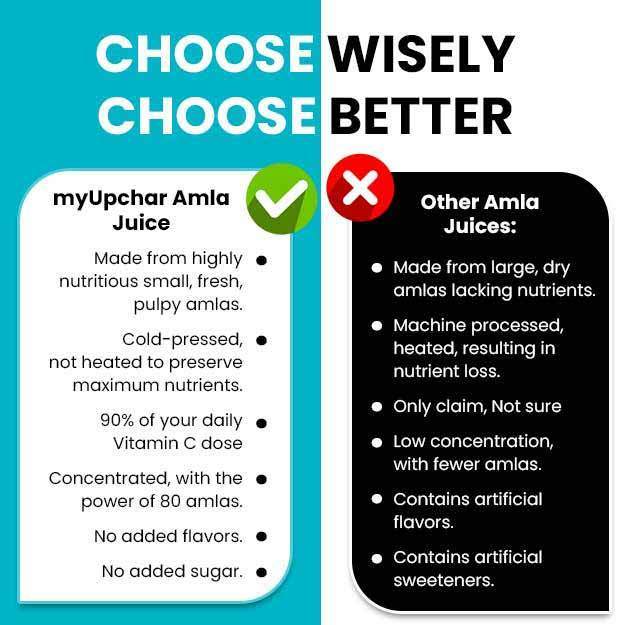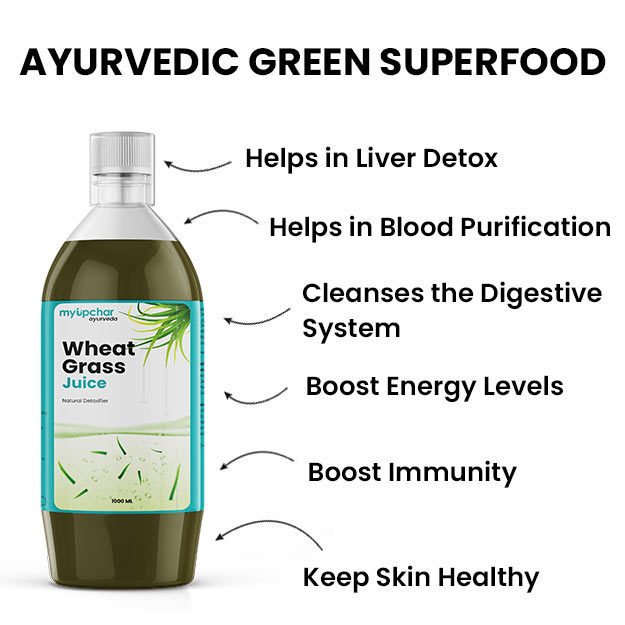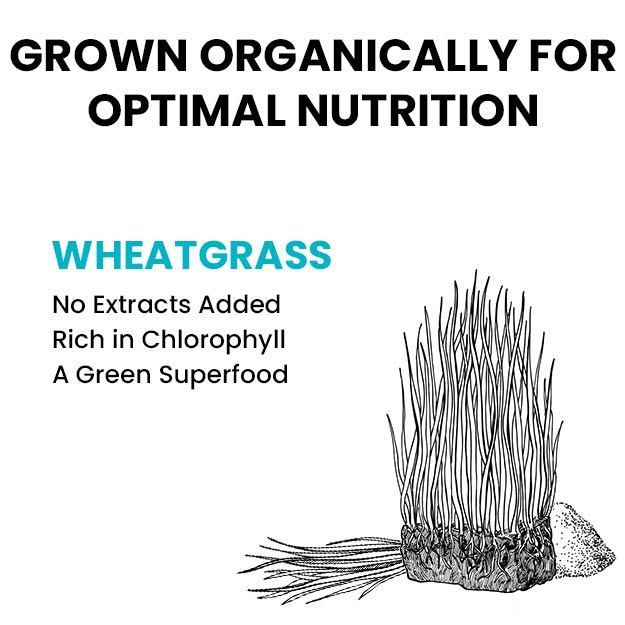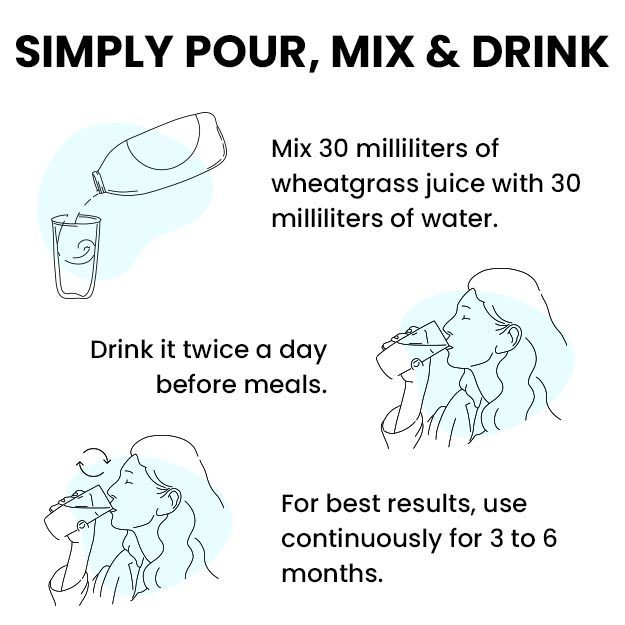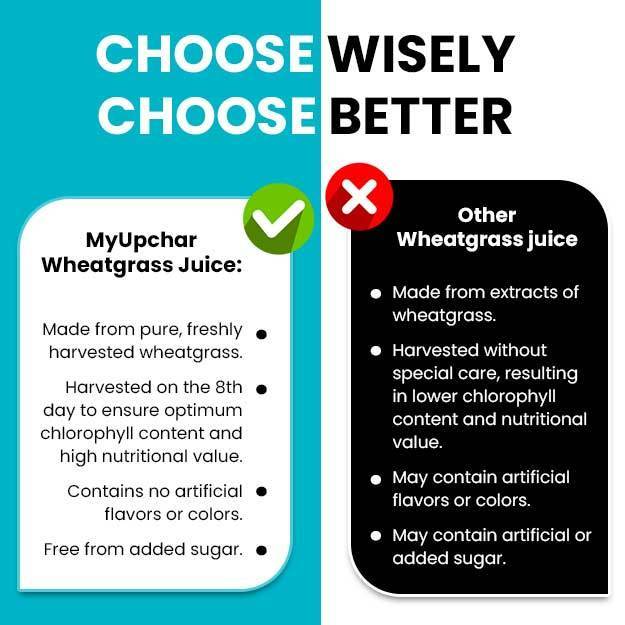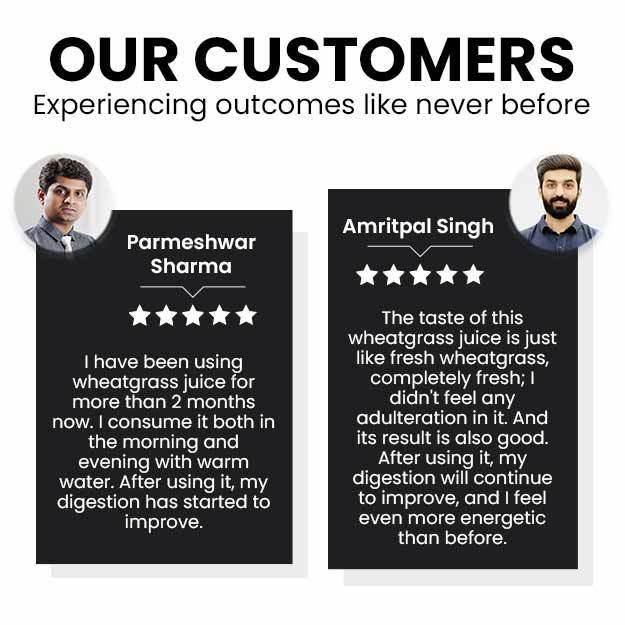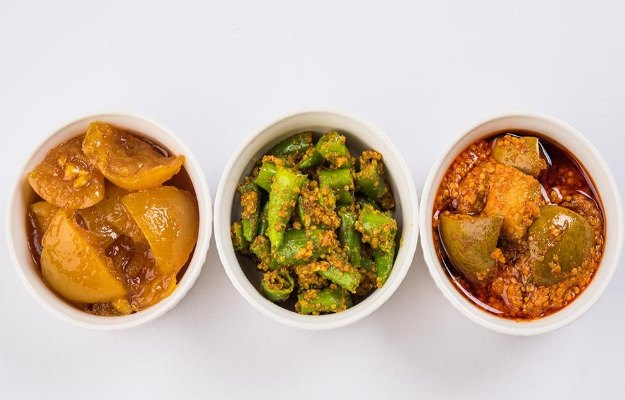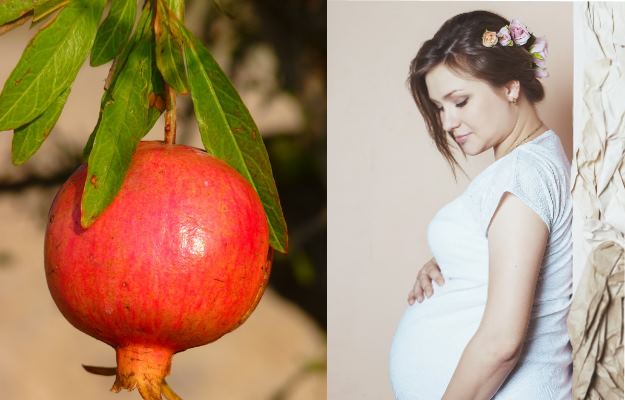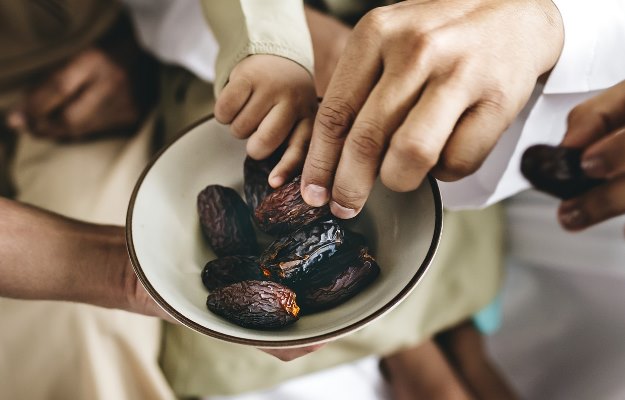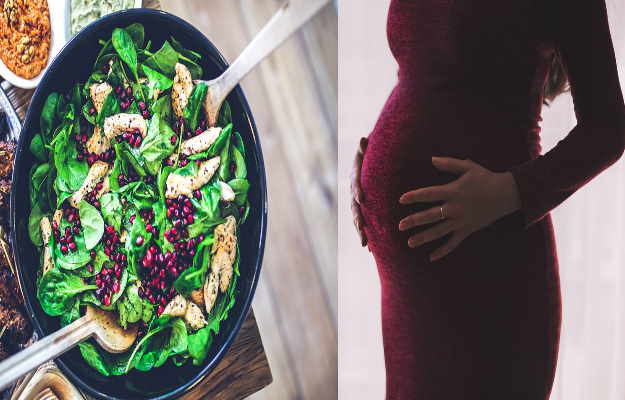Mindful eating is very important at every stage in life, but during pregnancy, it becomes even more important. You are eating for two - and not in terms of quantity, but in terms of nutritional quality. This is because your baby will derive nutrition from you during the nine-plus months of gestation, and any deficiency in your nutrition levels can cause serious complications for your little bundle of joy before and after he or she arrives.
To understand if you have a deficiency of any particular nutrient, your doctor will recommend a few routine tests and screenings. If you are found to be excessively deficient in, say, iron then your doctor might ask you to take a precise dose of supplements during your pregnancy.
There are a few supplements that the doctor will recommend for you before and during your pregnancy. Folate is very important for the development of the foetus, and so the doctor will ask you to start taking folic acid supplements when you start planning a pregnancy. After conceiving, you will have to continue with folic acid for the first 12 weeks of pregnancy.
Generally, however, tailoring your diet to suit the pregnancy is a more natural and effective way to make up for any deficiencies you might have. Including foods from all the major groups is very important, and so is cutting off foods which can harm your immunity as well as hinder the growth of your baby. Here is everything you need to know about your diet during pregnancy, including what to eat and what not to eat.
- Cut down on salt during pregnancy
- Takeaways
- No alcohol during pregnancy
- Limit caffeine intake during pregnancy
- Avoid raw meat during pregnancy
- Don’t have raw eggs or fish during pregnancy
- Avoid cheese during pregnancy
- Don’t have spicy food during pregnancy
- Avoid excess sugar during pregnancy
- What to eat during pregnancy
- What not to eat during pregnancy
- Water intake during pregnancy
- Healthy fats during pregnancy
- Carbohydrates you need during pregnancy
- Fruits and vegetables during pregnancy
- Dairy products you need during pregnancy
- Proteins during pregnancy
Cut down on salt during pregnancy
High blood pressure is a common problem during pregnancy. Make sure to limit your salt intake as excess salt can spike your blood pressure unnecessarily. Stay well away from junk food like salted chips and crisps, store-bought fries, etc.
Takeaways
Maintaining a healthy diet is very important during your pregnancy because you are the only source of vital nutrients for your baby. Your health is tied up to that of your growing baby, and your nutritional intake needs to be up to the mark while you are pregnant. Here are a few things you must remember about your diet during pregnancy.
- You are not eating for two: Even though you will feel hungrier than before, make sure you don’t overeat or eat the wrong things while you are pregnant. This will neither provide the nutrition you and your baby need, nor help you maintain a healthy weight during and after your pregnancy.
- Eat foods from every category: You need to make sure that you are not missing out on vital nutrients from any source, even carbs and healthy fats. Include a variety of healthy foods in your daily diet to ensure maximum nutritional benefits.
- Smoking and substance abuse: Smoking or taking hallucinogenic substances like heroin or marijuana can damage you and your baby. Your baby might be born with addiction or defects, so stop consuming these well before you get pregnant.
- Weight gain during pregnancy: Gaining weight during pregnancy is normal and necessary to maintain the health of your baby. But make sure you don’t overeat or binge on sugar or salt-loaded foods as they can lead to excessive weight gain and other problems.
- Exercise is important: While maintaining a healthy diet with enough supplements is very important during pregnancy, so is getting proper and adequate amounts of exercise. This will aid your digestion and help keep you healthy.
No alcohol during pregnancy
There is no safe type of alcohol you can drink while you’re pregnant, or even right before you get pregnant. If you do drink alcohol during the pregnancy, it can lead to birth defects in your baby, so it’s best to stay away from alcohol when you are with child.
Limit caffeine intake during pregnancy
Too much caffeine can lead to miscarriage and lead to low birth-weight in your baby. While you don’t need to avoid caffeine completely, limit your intake to 200mg. Another option is to switch to decaf.
Avoid raw meat during pregnancy
Cold cuts and dishes like carpaccio taste delicious, but you should avoid raw meat when you are pregnant. This is because raw meat can cause a rare but harmful infection called toxoplasmosis, which can damage your baby.
Don’t have raw eggs or fish during pregnancy
Raw or undercooked eggs, fish, shellfish like lobster, prawns and crabs are hotbeds for salmonella contamination. While salmonella food poisoning is unlikely to harm your baby, it can cause nausea, vomiting and diarrhoea in you.
Avoid cheese during pregnancy
While some varieties of cheese - like cottage cheese, cheddar, parmesan, mozzarella - are considered to be safe during pregnancy, make sure you avoid soft cheese made with unpasteurized milk. These types of cheese can be easily contaminated with listeria, a harmful bacteria that can cause a severe infection called listeriosis, which in turn can lead to miscarriage, stillbirth or severe illness in your newborn baby.
Don’t have spicy food during pregnancy
Bloating, indigestion and diarrhea can be very difficult to deal with when you are pregnant, and spicy food can make this situation worse. It’s best to avoid excessively spiced curries and meals, and cut off chillies if they make you feel gassy or worse.
Avoid excess sugar during pregnancy
Too much sugar intake by indulging in chocolates, cookies, pastries, cakes, ice cream and soda (even diet ones) can cause excessive weight gain, tooth decay and cause your blood sugar levels to increase too. Limit your sugar intake to natural ones from fruits, nuts, jaggery, etc.
What to eat during pregnancy
Despite what you might have been told, you should not eat double the amount you usually do simply because you are eating for two. According to the US Recommended Dietary Allowances (RDA), you need to eat 300 extra calories per day to avoid any nutritional deficiencies in yourself or your baby. These nutrients can be derived from increasing the intake of certain food groups. However, all pregnant women need extra folic acid supplements of 0.4-0.8mg (400-800 mcg) per day during pregnancy, and many also need iron supplements if they are at risk of developing anemia.
What not to eat during pregnancy
While you might feel hungrier when you are pregnant, you should opt to eat healthy food. This is because there are some foods that can cause a great deal of harm to you and the baby. Of course, there are some myths attached to certain foods like papaya, which you need to be aware of. It’s commonly said that eating papaya can cause miscarriages, but this mostly refers to raw papaya and not ripe ones. So while you might be on the fence about papayas and want to avoid them completely during your pregnancy, here are some more foods that you should definitely not be having.
Water intake during pregnancy
You might not find water included in any dietary requirement list during pregnancy, but like everything else, it is a vital component of your diet. Dehydration during pregnancy can have huge disadvantages as both the placenta and the baby’s amniotic sac requires water for its development and function. If you get hot flashes or your urine is dark yellow, then you are suffering from dehydration and need to increase your water intake. You should have 8-12 glasses or 2.3 litres of water daily, but not at one go. Have water at frequent intervals, and if drinking just water is monotonous then have tea or iced tea (in moderation), but make sure they are not loaded with sugar or preservatives.
Healthy fats during pregnancy
Fats might be considered unhealthy, but your body needs a certain amount of healthy fats - polyunsaturated and monounsaturated fats - to maintain the energy levels as well as for optimum function. During your pregnancy, you need an additional boost of omega-3 fatty acids and other healthy fats to improve your baby’s cognitive function and nervous system. Nuts and seeds, avocados, olive oil, salmon, mackerel and sardines are good sources of healthy fats.
Carbohydrates you need during pregnancy
Most of the energy you need to sustain your pregnancy will come from carbohydrates. It’s important to have enough carbohydrates through whole grains, bread, potatoes, rice, pasta, noodles, millets, oats, yams and cornmeal. These also contain other vital nutrients like vitamins, minerals and dietary fiber which can alleviate some symptoms of pregnancy like indigestion, morning sickness, etc. Your carbohydrate intake should depend on your weight and dietary requirements but do make sure to not overeat carbs in any form.
Fruits and vegetables during pregnancy
All fruits and vegetables are good sources of vitamins, minerals and dietary fiber. Most are rich in vitamin A, vitamin B complex, vitamin C, vitamin D, vitamin E and vitamin K, and also have phytochemicals and antioxidants like carotenoids, polyphenols and isothiocyanates which are extremely beneficial for you and your baby. Green leafy vegetables are also rich in folic acid, which you need to have in huge amounts during your pregnancy.
You should have a wide variety of fruits and vegetables every day, with 2-4 servings of fruits and 4 or more servings of vegetables. Make sure you have them fresh and avoid canned or juiced fruits and vegetables to get the maximum benefits from them.
Dairy products you need during pregnancy
Calcium, phosphorous and other minerals are extremely important to maintain your bone health as well as to help your baby develop his or hers. The RDA says you need to have 1000 mg of calcium every day before and during your pregnancy as well as after, during lactation. If your calcium intake is inadequate, your baby will take these vital nutrients from your bones, leaving you with weak bones and this, in turn, can lead to osteoporosis later in life.
Dairy products are the best sources of these nutrients. You should drink milk and eat cheese, yogurt, and other calcium-rich foods during pregnancy. Some fish, beans and green leafy vegetables are also rich in calcium, so you should include them in your diet as well. Have four servings of dairy products every day to get enough calcium.
Proteins during pregnancy
Your baby needs plenty of proteins while he or she is still growing in the uterus because most protein-rich foods have essentials like iron and amino acids. These are the building blocks for your baby, especially during the second and third trimesters, and you also need them yourself to keep weakness, fatigue and irritability away.
Experts recommend 60-75 mg of protein every day, spread over three servings. Lean meat, eggs, chicken, oily fish (like sardines and mackerel), lentils and beans are rich in proteins, and you can even get some amounts from nuts and seeds like almonds, walnuts, flaxseeds, hemp seeds, etc. Avoid liver and fish high in mercury like shark, marlin and swordfish.

